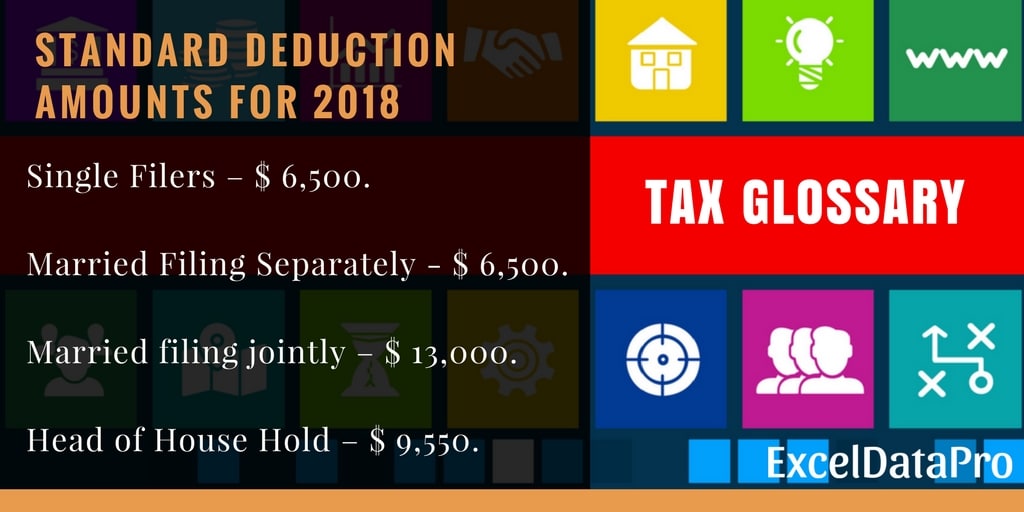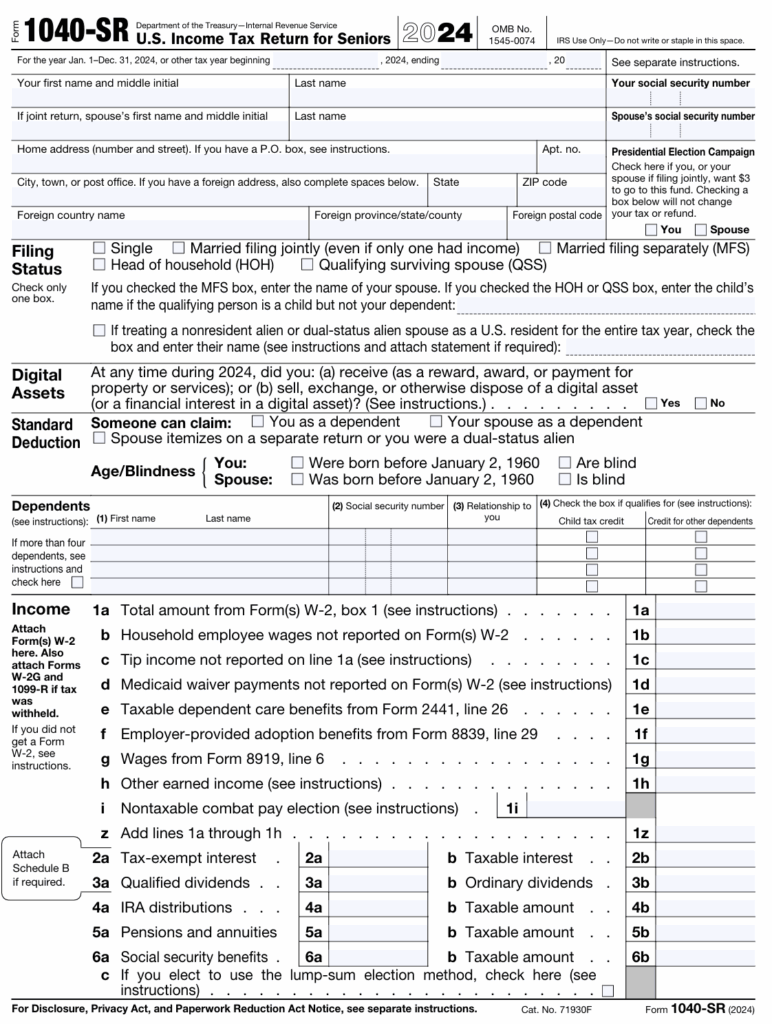A comparison of itemized deductions vs. the FEIE Standard Deduction for expats
Everything about the Foreign Earned Income Exemption: Maximizing Your Criterion Deduction Advantages
The Foreign Earned Revenue Exemption (FEIE) offers a useful possibility for united state citizens living abroad to lessen their tax liabilities. Understanding the qualification standards is necessary for those looking for to gain from this exemption. Asserting the conventional reduction can improve overall tax obligation advantages. Managing this process entails careful interest to detail and an understanding of usual mistakes. Discovering these facets can provide clarity and maximize possible tax benefits.
Understanding the Foreign Earned Income Exclusion (FEIE)
The Foreign Earned Income Exclusion (FEIE) permits U.S. residents and resident aliens working abroad to omit a section of their foreign profits from government revenue tax obligation. This arrangement acts as a monetary relief mechanism, enabling expatriates to keep a bigger share of their income earned in international nations. By lowering taxed revenue, the FEIE assists minimize the burden of dual tax, as people might additionally go through taxes in their host countries. The exemption uses only to gained earnings, which consists of wages, salaries, and specialist costs, while passive revenue and investment gains do not qualify. To benefit from the FEIE, people have to submit details kinds with the IRS, describing their international revenues and residency - FEIE Standard Deduction. Comprehending the subtleties of the FEIE can substantially impact economic preparation for united state citizens living overseas, making it necessary for migrants to stay educated regarding this beneficial tax provision
Eligibility Criteria for the FEIE
To get the Foreign Earned Earnings Exclusion (FEIE), individuals have to fulfill certain qualification standards. This includes enjoyable residency requirements, passing the physical visibility test, and establishing a tax home in an international country. Each of these aspects plays an essential function in determining whether one can take advantage of the exclusion.
Residency Requirements
Meeting the residency demands is essential for people seeking to qualify for the Foreign Earned Income Exemption (FEIE) To be qualified, taxpayers must establish an authentic home in a foreign nation or nations for a nonstop duration that commonly extends a whole tax obligation year. This need highlights the need of a much deeper link to the international place, moving past simple physical visibility. Individuals need to demonstrate their intent to stay in the international nation and have developed their living situation there. Aspects such as the length of remain, kind of housing, and regional community participation are thought about in determining residency. Meeting these standards is crucial, as failure to do so might disqualify one from benefiting from the FEIE.
Physical Visibility Test
Developing eligibility for the Foreign Earned Earnings Exemption (FEIE) can also be achieved with the Physical Presence Examination, which needs individuals to be physically present in a foreign nation for at the very least 330 full days during a successive 12-month duration. This examination is helpful for those that may not satisfy the residency demand yet still stay abroad. The 330 days should be full days, suggesting that any kind of day invested in the United States does not count toward this overall. It is important for people to maintain exact records of their traveling dates and places to support their cases. Successfully passing this test can significantly reduce taxed earnings and improve financial outcomes for expatriates.
Tax Obligation Home Location
Tax home place plays an essential role in identifying eligibility for the Foreign Earned Income Exemption (FEIE) To certify, a private should establish a tax home in a foreign country, which indicates their primary location of business is outside the USA. This stands out from a mere home; the specific should perform their operate in the international country while preserving a significant connection to it. The internal revenue service requires that the taxpayer can demonstrate the intent to continue to be in the foreign area for an extended period. In addition, keeping a home in the united state can make complex eligibility, as it may suggest that the person's real tax obligation home is still in the United States. Recognizing this requirement is essential for maximizing FEIE benefits.
How to Assert the FEIE on Your Tax Return
Asserting the Foreign Earned Revenue Exclusion (FEIE) on a tax return needs mindful interest to information and adherence to particular IRS guidelines. Taxpayers need to initially verify eligibility by satisfying either the bona fide home test or the physical existence examination. As soon as qualification is validated, they need to finish IRS Form 2555, which details international gained revenue and relevant information concerning their tax home.
It is important to report all foreign income properly and keep appropriate documents to support cases. Taxpayers ought to also know the optimal exclusion limit, which goes through yearly modifications by the IRS. Declaring Form 2555 along with the annual income tax return allows taxpayers to omit a section of their foreign incomes from united state taxes. It is suggested to seek advice from a tax obligation expert or IRS sources for upgraded info and assistance on the FEIE process, assuring compliance and maximization of potential benefits.

The Criterion Reduction: What You Required to Know
How does the standard reduction effect taxpayers' overall financial scenario? The common reduction functions as a considerable tax obligation advantage, reducing gross income and possibly lowering tax obligation responsibilities. For the tax year 2023, the conventional reduction is established at $13,850 for single filers and $27,700 for wedded pairs filing collectively. This deduction simplifies the declaring process, as taxpayers can select it as opposed to itemizing deductions, which needs comprehensive record-keeping.

Taxpayers earning international income may still claim the common reduction, profiting from minimized taxed income also while using the Foreign Earned Earnings Exemption (FEIE) However, it is important to keep in mind that the common reduction can not be combined with itemized reductions for the very same tax obligation year. Understanding the basic deduction allows taxpayers to make enlightened choices regarding their tax strategies, maximizing readily available advantages while ensuring compliance with Internal revenue service laws.
Methods for Maximizing Your Reductions
Making best use of deductions under the Foreign Earned Earnings Exemption calls for a clear understanding of earned income limitations and the benefits of claiming real estate exemptions. Furthermore, utilizing Kind 2555 properly can improve the possibility for substantial tax savings. These strategies can significantly affect the general tax liability for migrants.
Understand Made Earnings Limitations
While numerous migrants look for to lower their tax concern, understanding the gained income linked here limits is important for successfully leveraging the Foreign Earned Earnings Exclusion. The Irs (INTERNAL REVENUE SERVICE) establishes particular thresholds that dictate the maximum quantity of international earned revenue eligible for exclusion. For the tax obligation year 2023, this limitation is $120,000 per certified individual. Surpassing this limit might lead to tax on the earnings above the restriction, this hyperlink reducing the advantages of the exclusion. To optimize deductions, migrants should maintain exact documents of their foreign gained income and examine their eligibility for the exclusion yearly. Strategic intending around these restrictions can considerably boost tax cost savings, allowing migrants to optimize their financial scenario while living abroad.
Claiming Real Estate Exclusion Perks
Many expatriates overlook the prospective benefits of claiming the Real estate Exclusion, which can substantially lower their gross income. This exclusion enables individuals living abroad to subtract particular housing expenses from their gross income, making it simpler to fulfill economic responsibilities without sustaining significant tax obligation responsibilities. To optimize this benefit, expatriates need to validate they qualify based on their house and work circumstances. Furthermore, understanding eligible expenses-- such as rental fee, utilities, and upkeep-- can boost the general reduction. Maintaining detailed documents of these expenses is important for validating insurance claims. By strategically navigating with the Housing Exclusion, expatriates can significantly decrease their tax obligation concern and preserve even more of their earnings while living overseas, inevitably boosting their monetary health.
Make Use Of Type 2555 Properly
Using Type 2555 effectively can substantially improve the monetary advantages offered to migrants, particularly after taking advantage of the Real useful source estate Exemption. This type enables individuals to claim the Foreign Earned Earnings Exemption, which can considerably reduce taxable revenue. To make best use of deductions, expatriates must confirm they satisfy the credentials, including the physical existence examination or the authentic residence test. It is essential to accurately report all international gained income and to keep complete documents of eligibility. In addition, making use of the Housing Exclusion in tandem with Kind 2555 can further decrease overall tax responsibility. By understanding the intricacies of these kinds, migrants can optimize their tax obligation circumstance and keep even more of their hard-earned revenue while living abroad.
Usual Pitfalls to Avoid When Filing Your Tax Obligations Abroad

Frequently Asked Inquiries
Can I Declare Both FEIE and the Foreign Tax Obligation Credit Scores?
Yes, an individual can assert both the Foreign Earned Revenue Exemption (FEIE) and the Foreign Tax Obligation Credit (FTC) However, they should ensure that the same revenue is not utilized for both advantages to prevent double benefits.
What Occurs if I Surpass the FEIE Income Limit?
Exceeding the Foreign Earned Earnings Exemption (FEIE) income limitation results in the ineligibility for the exclusion on the excess amount. This might bring about gross income in the USA, needing proper tax obligation filings.
Are There Any Type Of State Tax Implications for FEIE?
State tax obligation implications for the Foreign Earned Income Exclusion (FEIE) vary by state. Some states might exhaust international revenue while others adhere to government exemptions, making it essential for individuals to speak with state-specific tax laws for clarity.

Just How Does FEIE Affect My Social Protection Advantages?
The Foreign Earned Earnings Exclusion (FEIE) does not directly affect Social Security benefits. However, income left out under FEIE might influence the calculation of typical indexed month-to-month earnings, potentially influencing future benefits.
Can I Revoke My FEIE Political Election After Claiming It?
Yes, a person can revoke their Foreign Earned Earnings Exemption (FEIE) political election after asserting it. This cancellation has to be done in composing and sent to the IRS, adhering to particular guidelines and target dates.
Understanding the Foreign Earned Income Exclusion (FEIE)
The Foreign Earned International Exclusion EarningsFEIE) allows U.S. permits united state people aliens working abroad to exclude a portion of their foreign earnings international profits income taxRevenue Taxpayers making foreign revenue might still claim the typical deduction, profiting from decreased taxable earnings even while using the Foreign Earned Revenue Exclusion (FEIE) Optimizing reductions under the Foreign Earned Revenue Exemption requires a clear understanding of earned income limitations and the benefits of asserting real estate exclusions. While lots of expatriates seek to reduce their tax burden, comprehending the earned revenue limits is necessary for properly leveraging the Foreign Earned Revenue Exclusion. Exceeding the Foreign Earned Earnings Exclusion (FEIE) income restriction results in the ineligibility for the exclusion on the excess amount.